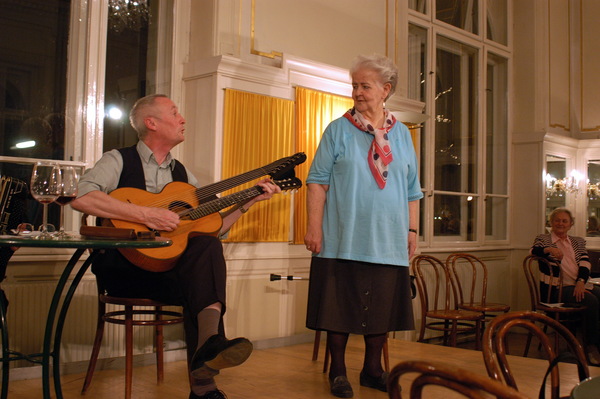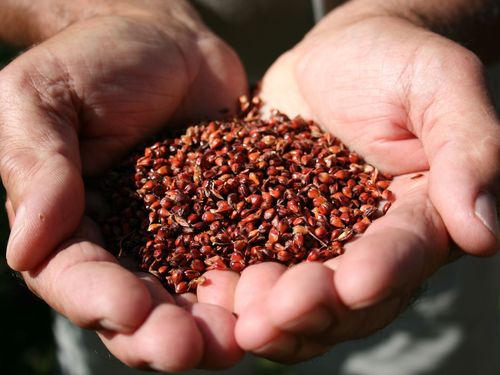The Viennese Dudler
Performing arts in Vienna, inscribed 2010
The Viennese-style yodeling ("Dudeln") is an important element of the local musical culture. Its origins go back to the beginning of the 19th century and it is nourished by two sources: on the one hand by Alpine songs, which found their way from the countryside to the city via craftspeople and traders, among others, where Viennese-style yodeling became established above all in the districts of Ottakring and Hernals. On the other hand, through the exaggerated portrayal of the “Tyrolean” on the Viennese theater stage. These theater songs were spread by Tyrolean singing groups on tours through the cities of Europe and America. Dudeln or yodeling (the terms were used synonymously in the 19th century) as a stylistic device in suburban theaters (especially the Theater an der Wien) can be traced back to 1880 in sheet music. The "Dudler" became an important element of professional singers in Vienna.
Dudeln is very similar to rural yodelling and means singing a melody that changes with large intervals so that only the chest and head voice can be heard, with the exception of the middle voice. The text is replaced by syllables, which are only a means to the end of singing and do not make sense themselves. In contrast to yodelling, however, Dudeln does not take place outdoors, but mostly in closed or acoustically restricted rooms, such as the traditional Viennese Heurigen. Another difference is that the yodelling is only sung vocally, whereas the "Dudeln" is often accompanied by various instruments such as clarinets, guitars or harmonics. Many yodelling songs are sung in two voices, often combining a male voice with a female voice.
By adapting the original alpine yodel to the urban environment, a completely new form of music was developed. The Viennese Dudler was not only sung at cosy get-togethers in Viennese wine taverns, but also on concert and theatre stages. In the twentieth century, however, it survived exclusively in the Viennese song tradition of Heurigen culture. Trude Mally, who died in 2009 and learnt it from her aunt as a child, is regarded as the last great interpreter of Dudeln. By passing on her knowledge to a new, young generation of bagpipers, knowledge of Viennese bagpiping is secure, at least for the foreseeable future. Agnes Palmisano, in particular, has been practising and researching in this field and has been passing on her expertise to young singers at the Music and Arts Private University since 2020.
Downloads
- Application form (in German only) 798 KB (doc)
- Expertise Weber (in German only) 21 KB (doc)
- Expertise Deutsch (in German only) 26 KB (doc)


![[Translate to EN:] © J. Ségur/ZED, with the permission of UNESCO](/fileadmin/_processed_/d/b/csm_Convention-2003-IKE_0832a6a47d.jpg)
![[Translate to EN:] © ÖUK](/fileadmin/_processed_/3/9/csm_P1011318_7eac86402f.jpg)

![[Translate to EN:] © Weitblickfilm](/fileadmin/_processed_/9/8/csm_Workshop_17_2dee1e1fd8.jpg)